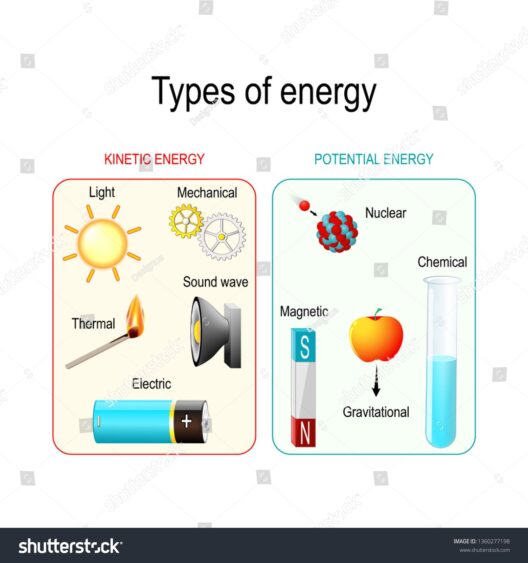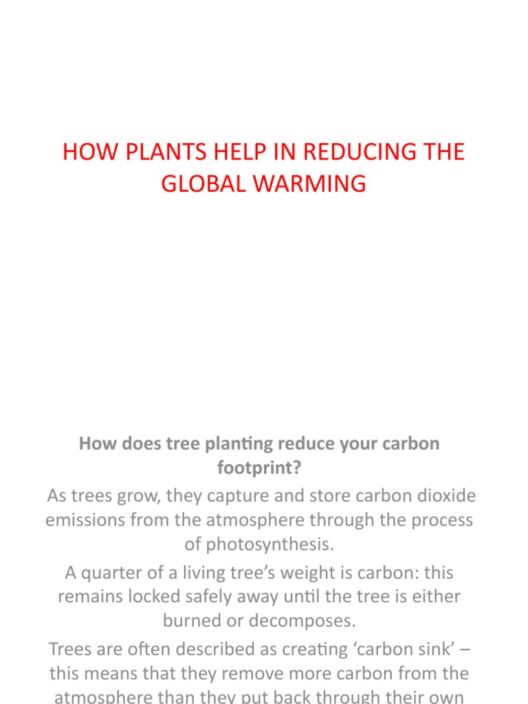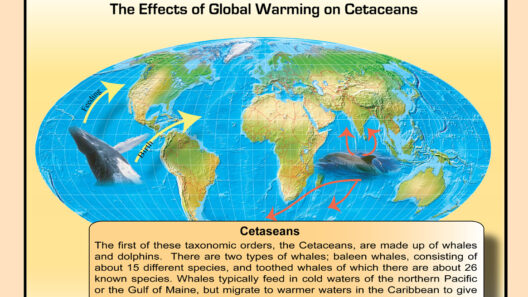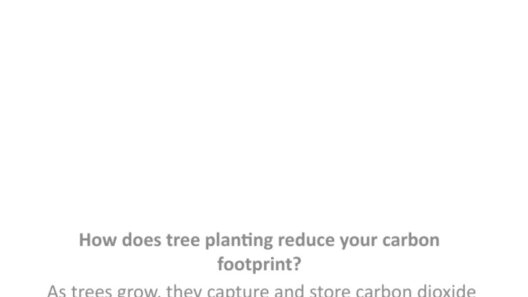In a world increasingly aware of ecological degradation, the phrase “Every Bite Every Mile” serves as an evocative metaphor for understanding personal climate impact. It succinctly encapsulates the interconnectedness of our food systems and transportation choices, underscoring the dual pillars upon which our environmental footprint rests. Each morsel consumed carries with it an intricate web of consequences, influenced by agricultural practices, transport technologies, and consumer habits. Every mile traveled reflects decisions made that ripple through ecosystems, contributing to greenhouse gas emissions and resource depletion.
The metaphor extends far beyond its poetic allure. The journey from farm to fork is fraught with climatic implications, much like the odyssey we undertake with each road traveled. As we delve into these layers, we unveil the stark reality of our choices and laden responsibilities. Understanding the dimensions of our climate impact begins with unpacking this intricate weave of connections that defines our everyday lives.
The agricultural landscape is the starting point of this examination. Modern farming practices, characterized by monoculture and heavy reliance on synthetic fertilizers, can wreak havoc on soil health and biodiversity. Each bite of food serves as a testament to the methods employed in its production. Consider the impact of industrial-scale meat production—a leviathan in the realm of greenhouse gas emissions. The methane emanating from livestock is a potent antagonistic force in climate change, exacerbating global warming at an alarming rate. Alternatively, plant-based diets tend to impose a lighter ecological burden, echoing with reduced emissions and lower resource consumption.
Moreover, the geographic sourcing of our food contributes significantly to our climate footprint. A meal comprising kale flown in from Peru and avocados shipped from Mexico embodies the paradox of convenience over sustainability. The transportation necessary to deliver these items involves fossil fuel consumption, releasing carbon dioxide—one of the principal culprits of climate change—into the atmosphere. Therefore, embracing local produce not only supports regional economies but also engages in an act of environmental stewardship, reducing the miles food travels and the emissions it generates.
Each choice we make around food thus becomes a reflection of our environmentally conscious ethos. Engaging in local markets, seasonal eating, and plant-forward diets conveniently aligns personal preferences with climate-resilient practices. The ecological footprints we imprint in our daily lives can be as minimal or magnified as our choices dictate. Awareness and intentionality in culinary habits become paramount as we examine the mounting evidence of climate impact derived from our consumables.
However, the conversation does not halt at the dining table. Transportation is the other vital component in understanding personal climate impact. The miles we traverse—whether on highways or through bustling city streets—are interwoven with carbon emissions that escalate climate change. Each journey, regardless of distance, contributes to a shared atmospheric burden. Recognizing this is imperative for fostering a more sustainable future.
Take, for instance, the mode of transport. Private vehicles contribute disproportionately to emissions compared to public modes of transit. Carpooling, biking, or utilizing public transportation can significantly mitigate the carbon released into the environment. By advocating for efficient transit solutions and prioritizing alternatives like walking or cycling, we reclaim agency in our climate narrative. Each mile can transform from a burden into an opportunity to enact change, illustrating how personal choices in transportation reverberate throughout the climate discourse.
Rethinking these journeys requires embracing a broader vision—holistic urban planning promotes walkability, bike paths, and efficient public transit, reducing reliance on cars. As cities evolve into environments that cater to sustainability, community engagement and advocacy become indispensable. The dialogue surrounding transportation choices cultivates collective responsibility, illustrating that individual actions compound into collective outcomes.
However, the nexus of our ‘Every Bite Every Mile’ philosophy transcends both agriculture and transportation. The concept extends into the realms of consumption habits, waste management, and personal lifestyle choices. Consumerism, when left unchecked, results in an avalanche of waste—single-use plastics and unsustainable products contribute significantly to environmental degradation. Thus, embracing a philosophy of minimalism and mindful consumption becomes another strategy in combating climate impact. Transitioning to sustainable materials, reducing waste, and engaging in the circular economy are acts of resistance against a throwaway culture drowning in its excesses.
Ultimately, education plays a crucial role in this journey of personal climate impact discovery. Awareness breeds informed choices; arming ourselves with knowledge equips us to make decisions that resonate with our values. Becoming stewards of information enables communication that challenges complacency and influences others—friends, family, and broader communities. Initiatives that raise awareness about sustainable practices can catalyze movements that transcend the individual, knitting together a societal fabric resilient against the threads of climate change.
In conclusion, “Every Bite Every Mile” serves as an allegorical mantra, urging individuals to scrutinize their daily choices. By unpacking one’s personal climate impact, we embark on a journey that crosses the thresholds of food production, transportation, and consumption, transforming lifestyle choices into banners of sustainability. Every bite consumed, every mile traveled is a vote for the kind of future we envision—a future where humanity coexists harmoniously with the planet. This holistic approach reinforces our collective agency and responsibility in mitigating climate change, elevating consciousness that paves the way for a sustainable tomorrow. The path ahead beckons; it is time to take informed steps toward a thriving planet.







